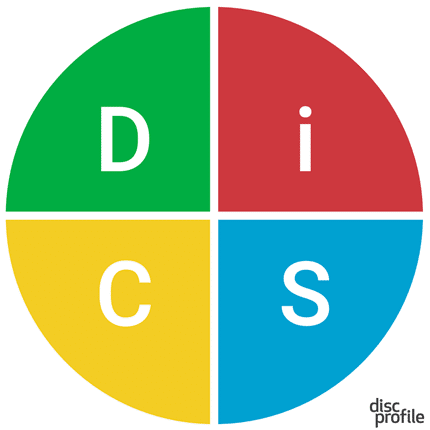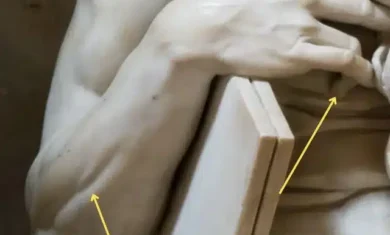I’ve always considered myself a trusting person, perhaps to a fault. Trust is good, but unearned trust can lead to trouble.
That’s why I was surprised a few weeks ago when our team was working through some DISC testing that it showed I wasn’t particularly trusting. Similar to the Enneagram (or any kind of personality assessment like that), the results should be taken with a grain of salt, but that item really caught me off guard.
Since we were working through it as a team, I brought up that point to discuss with everyone and it turns out the test was right — I don’t have high trust in people by default, but rather high expectations. As we unpacked it further, my past actions backed this up.
A great example is with how I handle email. If I email a member of our team, I trust that they’ll take the appropriate action. They’ve earned that trust with me because they gotten the job done in the past.
With clients, leads, and basically anyone else, I thought I had trust in them to respond, but really I just had high expectations — and I was already using appropriate tools that showed I didn’t really trust them to respond and make sure things still got done.
For clients, we have project management software that helps us continue to make sure things are moving forward. For leads, I have triggers that will come up with someone failed to respond to me. For others, I simply use the Gmail “snooze” feature to have an email resurface for me if the other party never replied. In all cases, I had expectations of timely replies, but I put systems in place to make sure I follow up because I didn’t trust they’d actually happen.
The point here isn’t to dig into proper email etiquette, but more into the value of things like the DISC assessment. If you can work through those results with your team and verify what’s accurate and what isn’t, it can give some great insights into how you really think and allow you to better sort out the implications of that.




